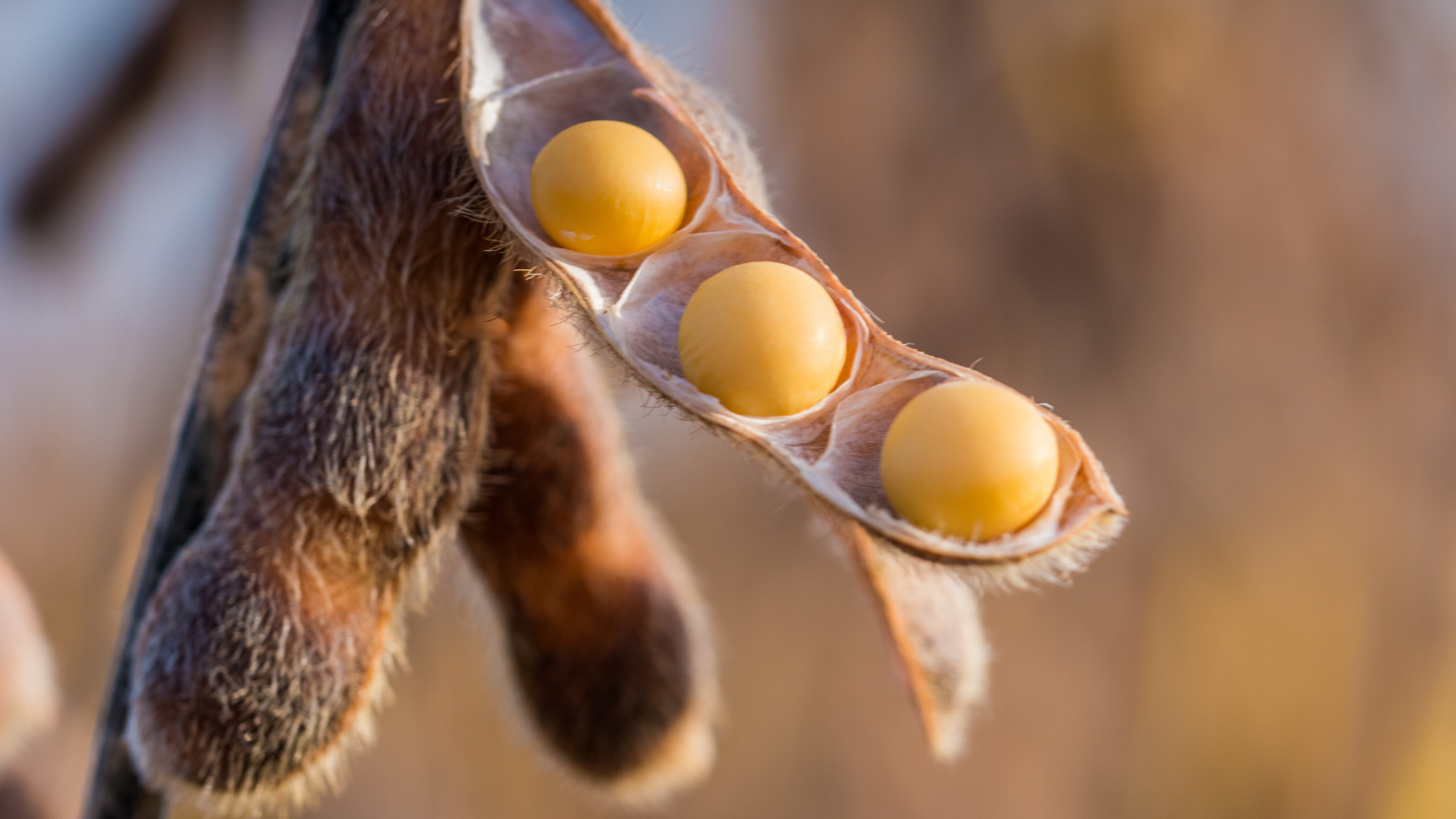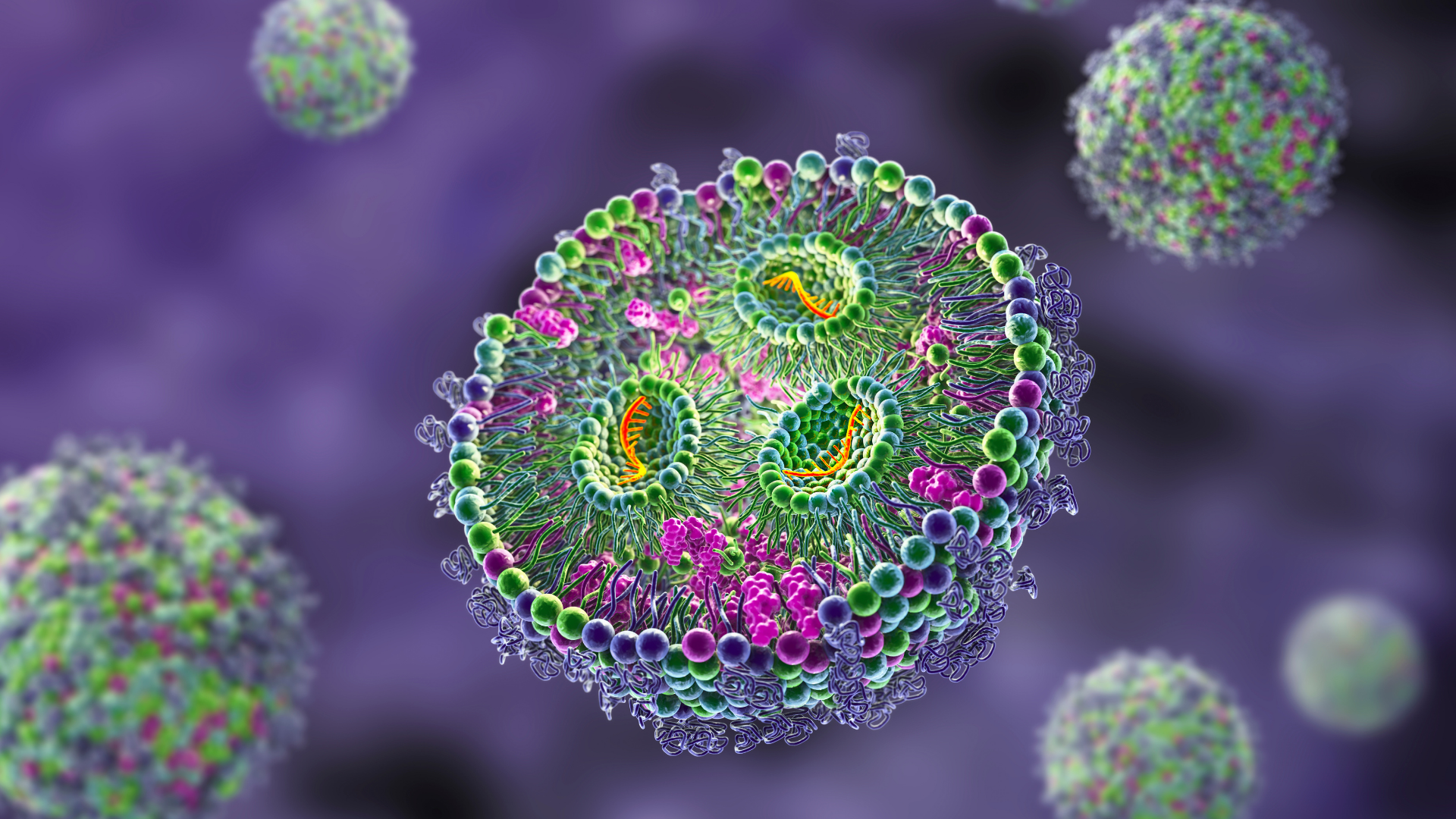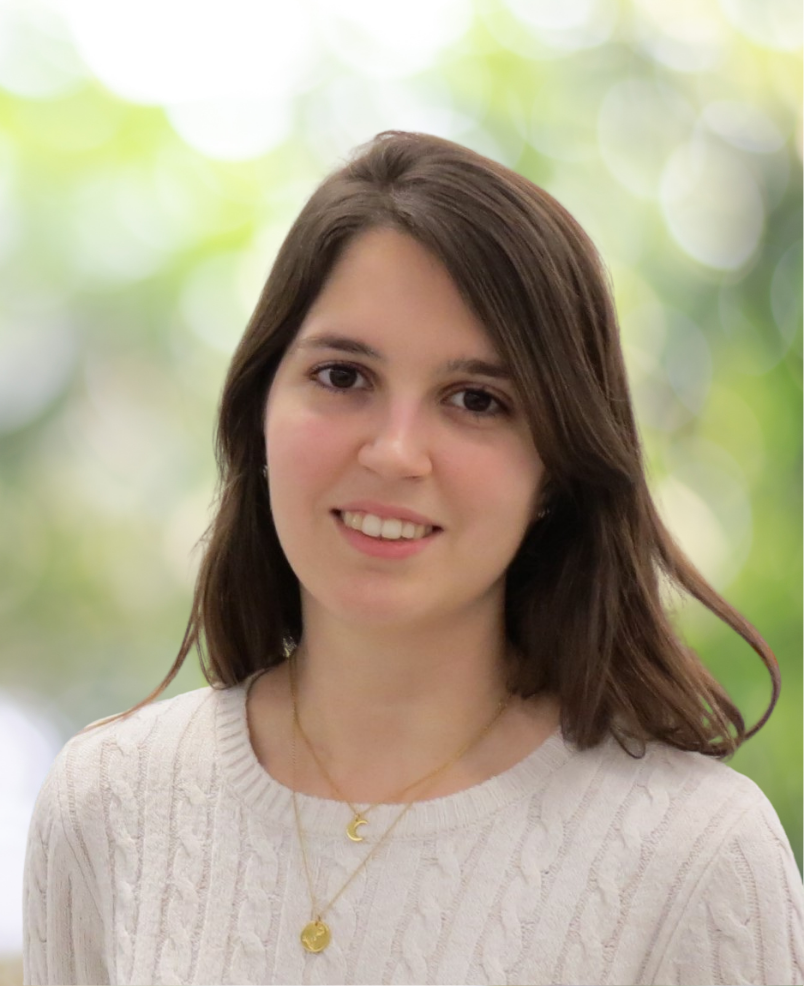Employee spotlight: Maria Merino
What is your role at Invaio?
I’m a Formulation Scientist in Invaio’s Spain hub, focused on developing and optimizing delivery systems for different types of biological and chemical cargos. My work involves designing formulations that enable efficient, stable, and targeted delivery, whether we’re working with peptides, nucleic acids, or other bioactives.
What excites me most about my role is the interdisciplinary nature of our projects. I get to collaborate closely with biologists and chemists to translate innovative molecules into effective agricultural products that can perform under real field conditions.
What are delivery systems and why are they so important in agriculture?
Delivery systems are the technologies that allow us to transport and release active ingredients in a controlled, effective, and environmentally friendly way. In agriculture, this can mean protecting fragile molecules like peptides or RNAs, ensuring they reach the right target, and maintaining their activity under changing field conditions.
A well-designed formulation can make the difference between a molecule that works only in the lab and a true product that farmers can use in the field. This is why delivery science is such an important part of Invaio as it connects discovery with real-world application.

What are some of the challenges you face while developing formulations?
One of the biggest challenges is being able to create a formula that combines performance, stability, and sustainability. Agricultural products must be robust enough to resist environmental stress like heat, UV light, or rain, while still being safe and biodegradable.
Another challenge is compatibility: we often work with biological cargos that are sensitive to pH, salts, or temperature. Finding the right excipients, encapsulation methods, and release profiles takes a lot of testing and creativity. But solving these challenges is extremely rewarding because every improvement brings us closer to scalable, eco-friendly agricultural solutions.
How do you see the future of delivery systems in agriculture?
I think we’re entering a new era where formulation will be just as important as discovery. Delivery systems are evolving from simple carriers to smart platforms that can respond to the environment, protect biological cargos, and ensure precise action.
Invaio’s vision aligns perfectly with this: combining biology, materials science, and sustainability to create next-generation agricultural solutions.

What do you find exciting in working in this area of science?
I’m currently working on delivery platforms that use lipid-based nanoparticles, which can be used to encapsulate different cargos such as peptides and RNA molecules within a single formulation. This approach could open the door to highly targeted and programmable agricultural products.
What can we expect from Invaio’s new developments in the future?
Invaio is exploring new ways to connect biological innovation with delivery technologies. I think we’ll see more integrated platforms that combine different types of cargos and adapt to changing environmental conditions.
Our goal is to make agriculture more efficient and sustainable by developing precise, nature-based tools that reduce chemical dependence and support healthier crops.

Maria Merino is a Formulation Scientist at Invaio, based in Barcelona, Spain. She focuses on developing and optimizing delivery systems for biological and chemical cargos, with the goal of creating sustainable, high-performance agricultural products.
Before joining Invaio, she gained her first experience in the industry working at Biokit, a company of the Werfen group, where she focused on the development, manufacturing and distribution of reagents. There, she developed a strong interest in how science can be turned into practical applications.
Later, Maria earned her PhD in Bioengineering from the International University of Catalonia, where she worked in optimizing self-assembled supramolecular hydrogels for tissue regeneration and built a strong foundation in material sciences and biotechnology.
What drives Maria is the challenge of connecting different ideas, disciplines, and materials to solve complex problems. She’s passionate about making technology work with nature instead of against it and about turning science into practical solutions that support both people and the environment.

